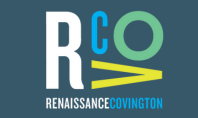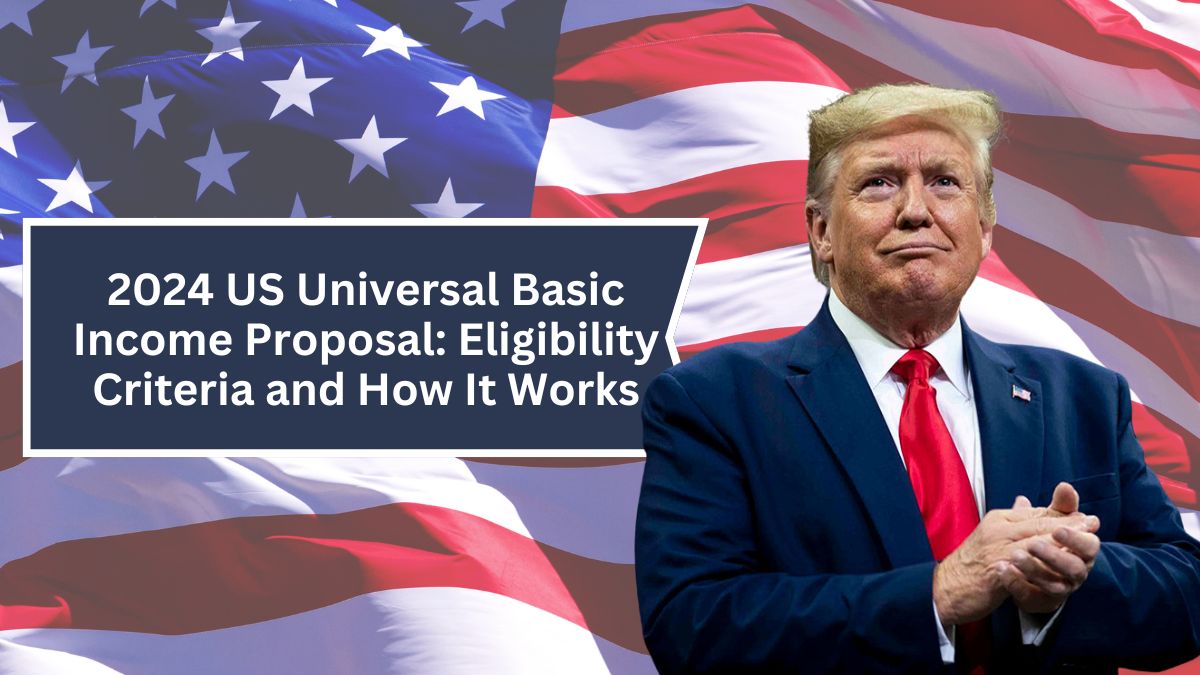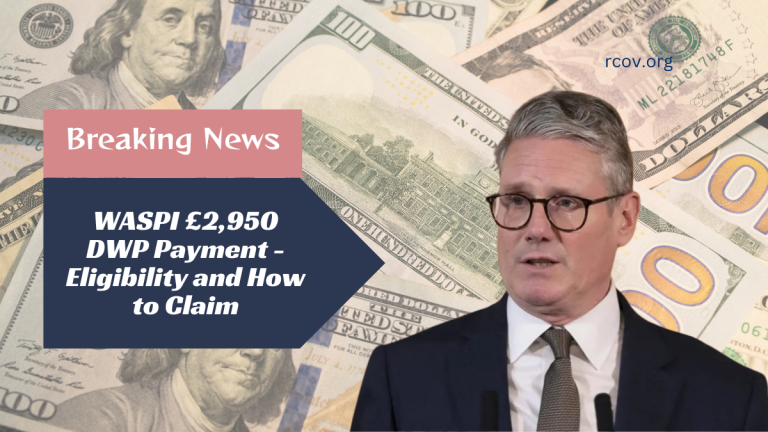Universal Basic Income (UBI) is an innovative economic policy designed to provide regular financial payments to all individuals in a specific group or region, regardless of their income or employment status.
The primary objective of UBI is to ensure that everyone has sufficient funds to cover basic necessities like food, housing, and healthcare. By guaranteeing a foundational level of economic security, UBI allows individuals to pursue education, entrepreneurship, or personal passions without the constant burden of financial stress.
Key Features of Universal Basic Income
UBI is built on two fundamental principles:
- Universality: Payments are distributed to everyone, irrespective of their income level or employment status.
- Sufficiency: The amount provided is adequate to meet essential living costs, ensuring basic economic stability.
These characteristics aim to foster a society where financial independence is not solely tied to employment, reducing dependency on traditional job-based income sources.
Universal Basic Income vs. Guaranteed Income Programs (GIP)
Scope of Distribution
- UBI: Offered universally to all individuals within a specific group or region, regardless of financial status.
- GIP: Focused on supporting those in immediate financial distress, resembling welfare or targeted assistance programs.
Purpose and Impact
- UBI: Envisions a transformative societal shift by empowering everyone with financial stability, potentially enabling reduced working hours and increased focus on personal growth or creativity.
- GIP: Aims to address immediate needs, ensuring vulnerable populations receive critical financial aid.
| Feature | Universal Basic Income (UBI) | Guaranteed Income Programs (GIP) |
|---|---|---|
| Eligibility | Universal | Need-based |
| Objective | Empowerment and security | Immediate financial relief |
| Long-term Impact | Potential societal transformation | Narrowly focused on individuals’ needs |
UBI in Practice: Current Initiatives in the United States
Although the U.S. has yet to implement UBI at a national level, several pilot programs are testing its feasibility and impact. These programs aim to gather data and insights into how UBI might function on a broader scale.
Pilot Programs
- Central Iowa Pilot:
Selected participants receive $500 monthly to assess how additional income impacts individual well-being and community dynamics. - Coachella Valley Pilot:
Focused on 140 immigrant families, this program provides $400 monthly to support households excluded from federal benefits. Special attention is given to the program’s effects on children’s education and health outcomes.
Alaska’s Permanent Fund Dividend
One of the longest-running examples of a UBI-like initiative in the U.S. is Alaska’s Permanent Fund Dividend. Established in the 1980s, this program distributes annual payments from state oil revenues to all Alaska residents. While the payments are not enough to cover basic living expenses, they reflect the universal and equitable distribution principles of UBI.
Ongoing Research and Analysis
Researchers are actively studying these UBI experiments to measure their effectiveness in various areas:
- Economic Stability: Assessing whether UBI enhances financial security and reduces poverty levels.
- Health Outcomes: Examining the impact on physical and mental health among recipients.
- Employment Dynamics: Investigating changes in labor force participation and job market behavior.
These findings will play a crucial role in determining the scalability and sustainability of UBI in diverse economic contexts.
Challenges in Implementing Universal Basic Income
Despite its potential benefits, implementing UBI faces several significant hurdles:
Funding Mechanisms
- Finding a sustainable source of revenue is a primary concern. Options include increased taxation, reallocating welfare funds, or introducing new financial mechanisms.
Economic Consequences
- Experts are analyzing how UBI could influence inflation, wage structures, and labor market participation.
Public and Political Support
- Widespread adoption requires robust public and governmental backing. Positive outcomes from pilot programs could shape perceptions and build support for nationwide implementation.
FAQs
How does UBI differ from traditional welfare programs?
Unlike welfare, UBI is universal and unconditional, providing payments to everyone without income testing or specific eligibility criteria.
What are the main goals of UBI?
The primary objectives are to ensure financial security, reduce poverty, and provide individuals with the freedom to pursue personal goals without constant financial stress.
Are there examples of UBI-like programs in the U.S.?
Yes, Alaska’s Permanent Fund Dividend is a notable example. Additionally, pilot programs in Central Iowa and Coachella Valley are testing UBI concepts.







